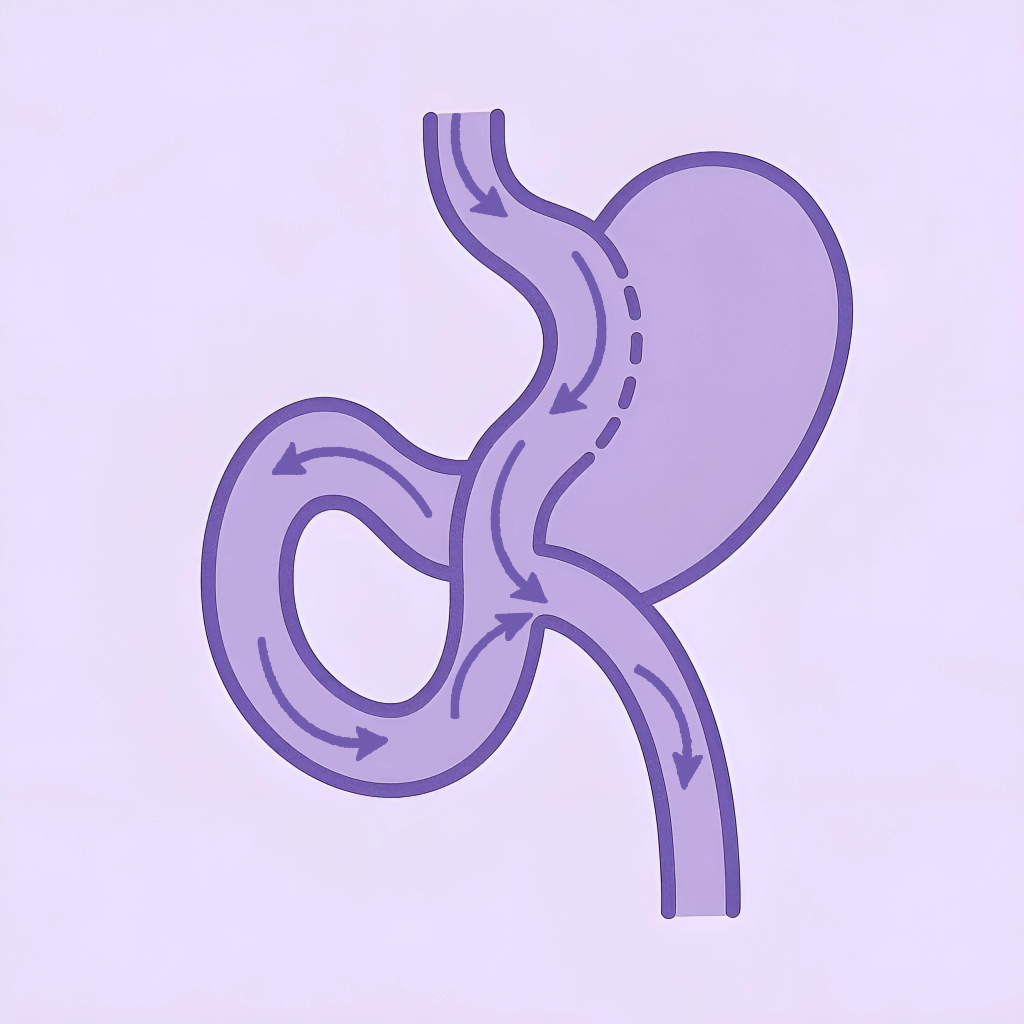Anti-Reflux-Chirurgie







Die Anti-Reflux-Chirurgie ist ein Verfahren zur Behandlung von chronischem saurem Reflux (GERD), um zu verhindern, dass Magensäure in die Speiseröhre gelangt.
Überblick
Die Reflux-Operation, auch Fundoplikatio genannt, ist ein chirurgischer Eingriff zur Behandlung der gastroösophagealen Refluxkrankheit (GERD) – einer Erkrankung, bei der Magensäure regelmäßig in die Speiseröhre zurückfließt. Typische Beschwerden sind Sodbrennen, Aufstoßen und Reizungen der Speiseröhre. Ziel der Operation ist es, den unteren Ösophagussphinkter (LES) zu stärken und so den Rückfluss von Magensäure dauerhaft zu verhindern.
Die am häufigsten durchgeführte Methode ist die Nissen-Fundoplikatio, bei der der obere Teil des Magens um den unteren Teil der Speiseröhre gelegt und fixiert wird, um den Schließmuskel zu verstärken. Je nach Patientenprofil können auch andere Varianten wie Toupet- oder Dor-Fundoplikation angewendet werden. Der Eingriff erfolgt in der Regel minimalinvasiv (laparoskopisch), was eine schnellere Genesung ermöglicht.
Wann ist eine Operation sinnvoll?
Eine Reflux-Operation wird empfohlen bei:
Schwerer oder chronischer Refluxkrankheit, die nicht ausreichend auf Medikamente oder Lebensstiländerungen anspricht
Dauerhaftem Sodbrennen, Regurgitation (Zurückfließen von Mageninhalt)
Komplikationen wie Ösophagitis, Barrett-Ösophagus oder Schluckbeschwerden
Nächtlichem Reflux, der den Schlaf oder die Lebensqualität erheblich beeinträchtigt
Hiatushernie (Zwerchfellbruch), die den Reflux verstärkt
Auch Patient:innen, die langfristig Magensäureblocker einnehmen müssen, profitieren häufig von diesem Eingriff.
Operationsablauf (Fundoplikatio)
Bei der Fundoplikation wird der untere Schließmuskel der Speiseröhre gestärkt, indem der obere Teil des Magens um die Speiseröhre gewickelt wird.
Ablauf im Überblick:
Verabreichung von Vollnarkose
Kleine Hautschnitte bei laparoskopischer Technik (oder größerer Schnitt bei offener OP)
Der obere Magenabschnitt wird vollständig (Nissen) oder teilweise (Toupet, Dor) um die Speiseröhre gelegt
Fixierung der Magenmanschette zur Verstärkung des unteren Schließmuskels
Verschluss der Schnitte und Überwachung im Aufwachraum
Erholung & Nachsorge
Die Erholungsphase nach einer Reflux-Operation verläuft in der Regel schnell – die meisten Patient:innen nehmen innerhalb von ein bis zwei Wochen wieder an ihrem gewohnten Alltag teil.
Mögliche vorübergehende Beschwerden sind:
Leichte Schluckbeschwerden
Völlegefühl oder Blähungen
Unwohlsein im Oberbauch
Diese klingen meist innerhalb weniger Wochen ab.
Unsere Nachsorge umfasst:
Individuell abgestimmte Ernährungsempfehlungen
Langsame Wiedereinführung fester Nahrung
Regelmäßige Kontrolluntersuchungen zur Überwachung der Heilung
Langfristig wird empfohlen:
Kleinere Mahlzeiten zu sich zu nehmen
Auf kohlensäurehaltige Getränke und säurehaltige Speisen zu verzichten
Gewohnheiten anzupassen, um den langfristigen Operationserfolg zu unterstützen
Haben Sie Fragen zu Ihrer Behandlung?

Häufig gestellte Fragen
Hier finden Sie klare Antworten auf die am häufigsten gestellten Fragen.
Benötigen Sie individuelle Unterstützung? Kontaktieren Sie uns über WhatsApp – wir antworten in der Regel innerhalb weniger Minuten.
In welchen Operationen ist Dr. Gül spezialisiert?
Warum die Türkei für chirurgische Eingriffe wählen?
Wie lange dauert die Genesung nach den meisten Operationen?
Welche bariatrischen Verfahren werden in der Klinik angeboten?
Wie viel Gewicht kann ich nach einer bariatrischen Operation erwarten, zu verlieren?
Welche Sprachen spricht Dr. Gül und sein Team?
Muss ich nach einer bariatrischen Operation Nahrungsergänzungsmittel einnehmen?
Deckt die Versicherung diese Verfahren ab?
Kann ich Behandlung mit einer Reise in die Türkei kombinieren?
Welche Unterstützung ist nach der Operation verfügbar?
Unsere Expertise

Hülsengastrektomie
Minimalinvasive Operation zur langfristigen Gewichtsreduktion mit einem einfachen Verfahren und ohne Umleitung.

Mini-Magenbypass
Einfacherer, weniger invasiver Magenbypass für signifikante Gewichtsabnahme und Diabeteskontrolle.

Magenballon
Eine nicht-chirurgische, vorübergehende Option zur moderaten Gewichtsabnahme ohne bleibende Magenveränderungen.
Folgen Sie Dr. Gül auf Instagram





